Blog > What is a Heavy construction contractor?
What is a Heavy construction contractor and Will it Work For Me?
A heavy construction contractor is a company that specializes in performing large-scale construction projects such as building highways, bridges, tunnels, airports, and other infrastructure projects. These contractors typically use heavy equipment such as bulldozers, cranes, and earth-moving machinery to clear and grade land, dig foundations, and construct roads and other structures. They also manage a team of workers such as carpenters, electricians, and engineers to complete the project. Heavy construction contractors must have the experience, resources, and expertise to handle complex and demanding construction projects, and they must adhere to strict safety standards and building codes.
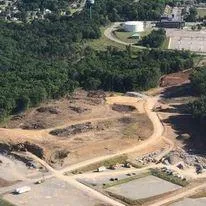
The Most Common Techniques for Heavy construction contractor
Heavy construction contractors typically use a combination of techniques and methods to complete their projects, some of the most common techniques include:
Earthmoving: This involves the use of heavy equipment to move large quantities of dirt and rock to clear and grade the site.
Piling: This technique involves driving large steel or concrete beams into the ground to support heavy structures such as bridges and high-rise buildings.
Excavation: This involves digging into the earth to create space for foundations and underground utilities
Concrete pouring: This involves mixing, pouring and finishing concrete to create foundations, walls, and other structural elements.
Steel fabrication and erection: This involves the creation and assembly of steel components for buildings and bridges.
Asphalt paving: This involves laying asphalt to create roads, parking lots, and other paved surfaces.
Tunneling: This involves digging tunnels through mountains or under cities for transportation or utility purposes.
Sewer and Water systems and management
These techniques can vary depending on the specific project and may require specialized skills and equipment. Heavy construction contractors often collaborate with architects, engineers, and other specialists to ensure the successful completion of each project.
What is This Form of Heavy construction contractor?
Heavy construction contractors use a wide range of heavy equipment and machinery to complete their projects, some of the most common types of equipment include:
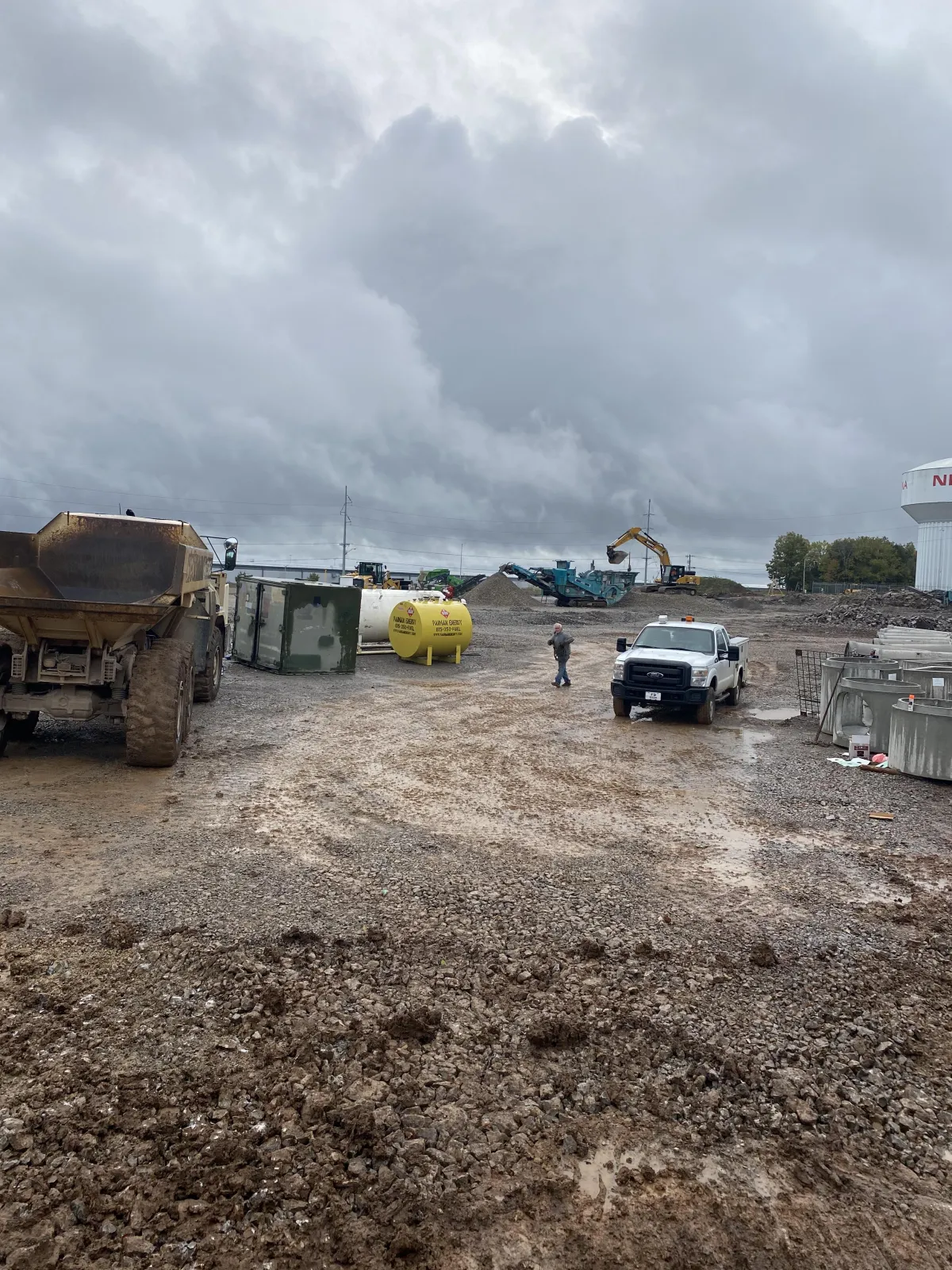
Excavators: Used for digging and excavation tasks, including grading and demolition. Bulldozers: Used for clearing and grading large areas of land.
Cranes: Used for lifting and moving heavy materials, such as steel beams, concrete blocks, and machinery.
Loaders: Used for loading and unloading heavy materials and waste.
Pile drivers: Used for driving large steel or concrete beams into the ground to support heavy structures.
Concrete mixers: Used for mixing concrete on site.
Dump Trucks: Used for transporting heavy materials and waste.
Rollers: Used for compacting soil, asphalt, and concrete.
Pavers: Used for laying asphalt and concrete for roads and other paved surfaces.
Drilling equipment: Used for drilling into the earth for foundation work or for boring tunnels.
More to Know About Heavy construction contractor
Here are some things that you may not know about heavy construction companies:
Heavy construction projects often require significant planning and coordination: Heavy construction projects can take years of planning and coordination, involving various stakeholders such as government agencies, utility companies, and local communities.
Safety is a top priority: Heavy construction companies have strict safety protocols in place to ensure the well-being of their workers and the public. This includes regular safety training and the use of personal protective equipment.
Technology plays a big role in heavy construction: From construction management software to GPS-enabled equipment, technology is playing an increasingly important role in the heavy construction industry. This helps improve efficiency, accuracy, and communication on the job site.
Heavy construction can have a significant impact on the local economy: Large construction projects can generate jobs, stimulate economic growth, and improve the local infrastructure.
Recycling and sustainability are important considerations: Many heavy construction companies are incorporating recycling and sustainability into their operations. This includes using recycled materials, reducing waste, and minimizing their impact on the environment. It requires a diverse range of skills and trades:
Heavy construction projects often involve a variety of skilled trades such as carpenters, electricians, and heavy equipment operators, working together to complete a project.
Blog > What is a Heavy construction contractor?
What is a
Heavy construction contractor and Will it Work For Me?
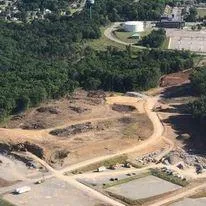
A heavy construction contractor is a company that specializes in performing large-scale construction projects such as building highways, bridges, tunnels, airports, and other infrastructure projects. These contractors typically use heavy equipment such as bulldozers, cranes, and earth-moving machinery to clear and grade land, dig foundations, and construct roads and other structures. They also manage a team of workers such as carpenters, electricians, and engineers to complete the project. Heavy construction contractors must have the experience, resources, and expertise to handle complex and demanding construction projects, and they must adhere to strict safety standards and building codes.
The Most Common Techniques for Heavy construction contractor
Heavy construction contractors typically use a combination of techniques and methods to complete their projects, some of the most common techniques include:
Excavators:
Used for digging and excavation tasks, including grading and demolition. Bulldozers: Used for clearing and grading large areas of land
Cranes:
Used for lifting and moving heavy materials, such as steel beams, concrete blocks, and machinery.
Loaders:
Used for loading and unloading heavy materials and waste.
Pile drivers:
Used for driving large steel or concrete beams into the ground to support heavy structures.
Concrete mixers:
Used for mixing concrete on site.
Dump Trucks:
Used for transporting heavy materials and waste.
Rollers:
Used for compacting soil, asphalt, and concrete.
Pavers:
Used for laying asphalt and concrete for roads and other paved surfaces.
Drilling equipment:
Used for drilling into the earth for foundation work or for boring tunnels.
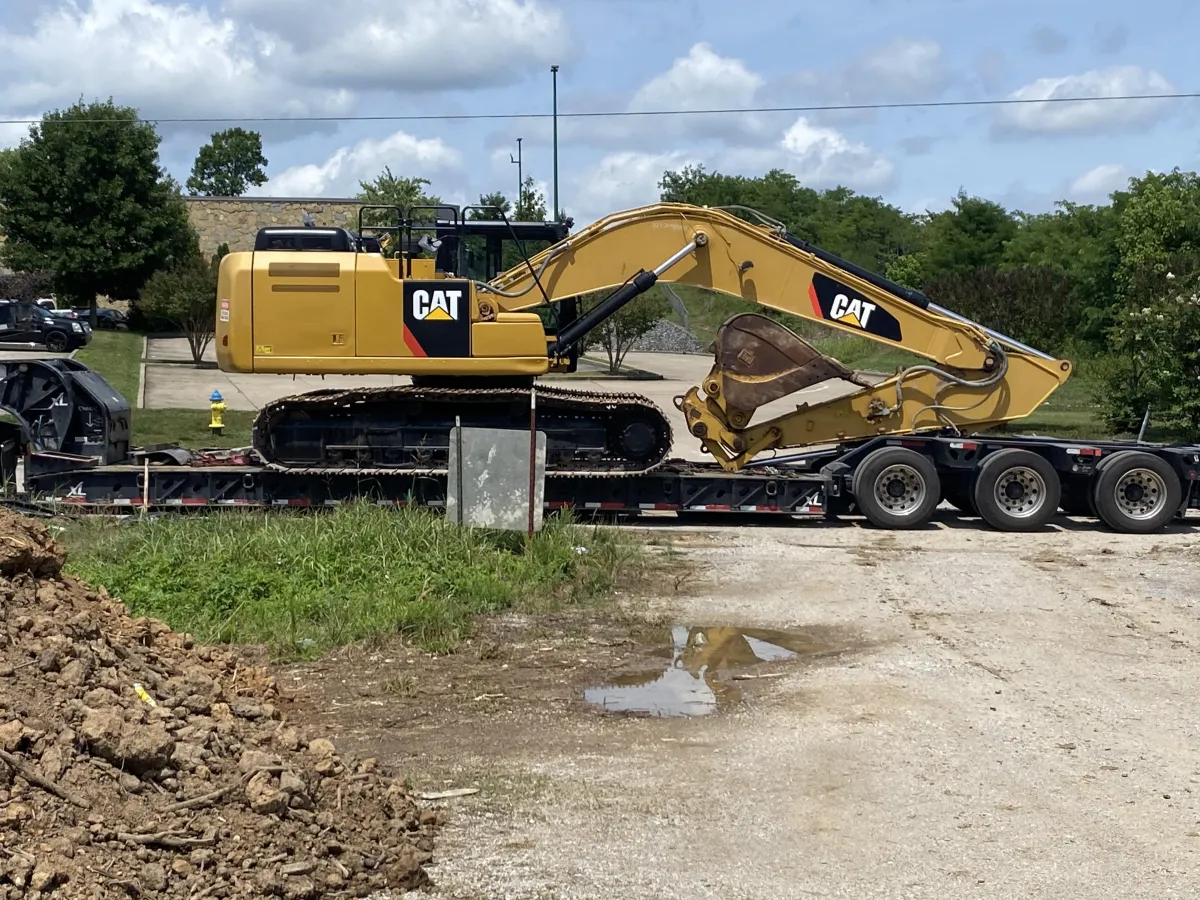

More to Know About Heavy construction contractor
Here are some things that you may not know about heavy construction companies:
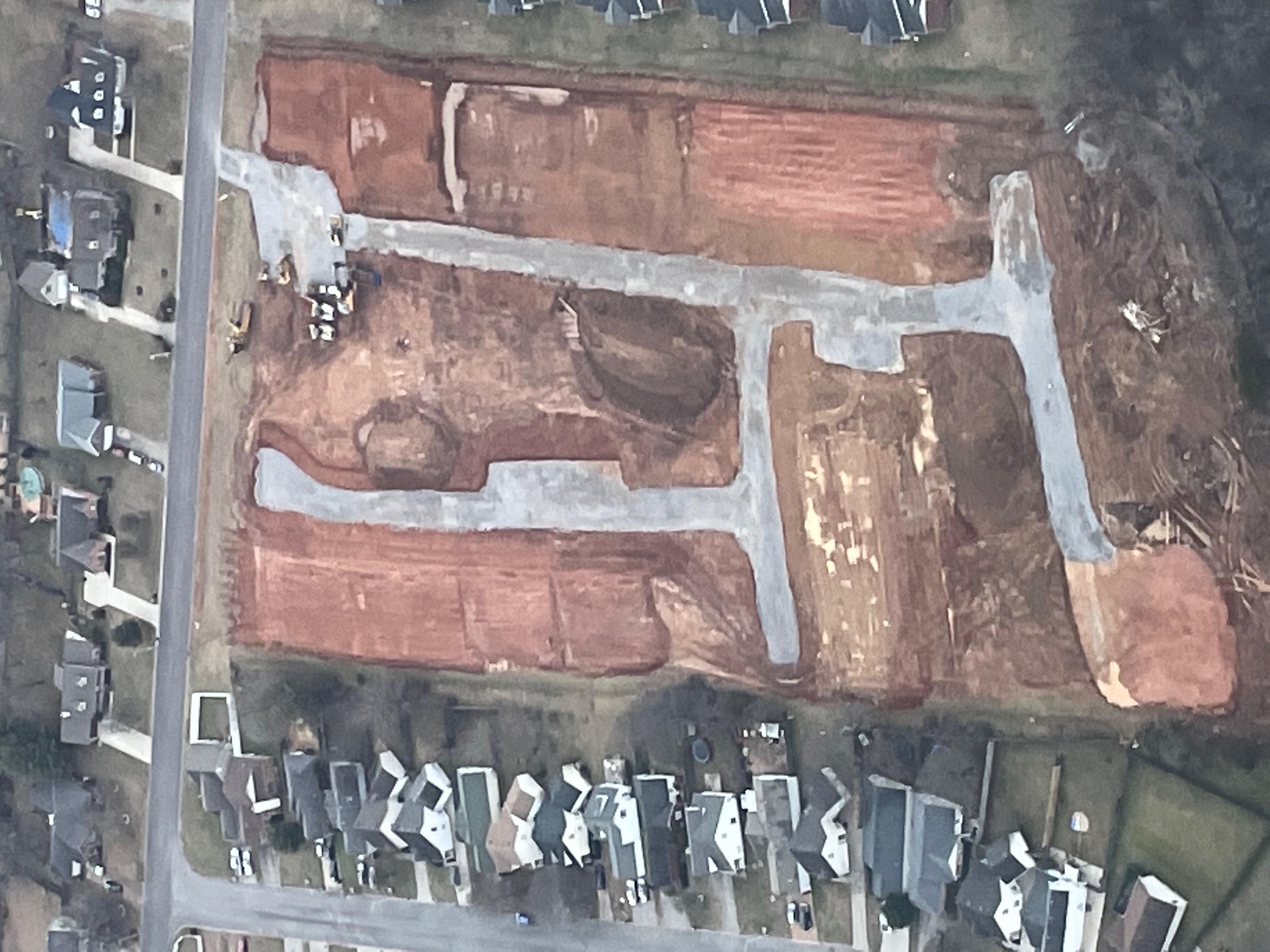
Heavy construction projects often require significant planning and coordination:
Heavy construction projects can take years of planning and coordination, involving various stakeholders such as government agencies, utility companies, and local communities.
Safety is a top priority:
Heavy construction companies have strict safety protocols in place to ensure the well-being of their workers and the public. This includes regular safety training and the use of personal protective equipment.
Technology plays a big role in heavy construction:
From construction management software to GPS-enabled equipment, technology is playing an increasingly important role in the heavy construction industry. This helps improve efficiency, accuracy, and communication on the job site.
Heavy construction can have a significant impact on the local economy:
Large construction projects can generate jobs, stimulate economic growth, and improve the local infrastructure.
Recycling and sustainability are important considerations:
Many heavy construction companies are incorporating recycling and sustainability into their operations. This includes using recycled materials, reducing waste, and minimizing their impact on the
environment.
Heavy construction requires a diverse range of skills and trades:
Heavy construction projects often involve a variety of skilled trades such as carpenters, electricians, and heavy equipment operators, working together to complete a project.
615-553-8523
ksurprise56@aol.com








